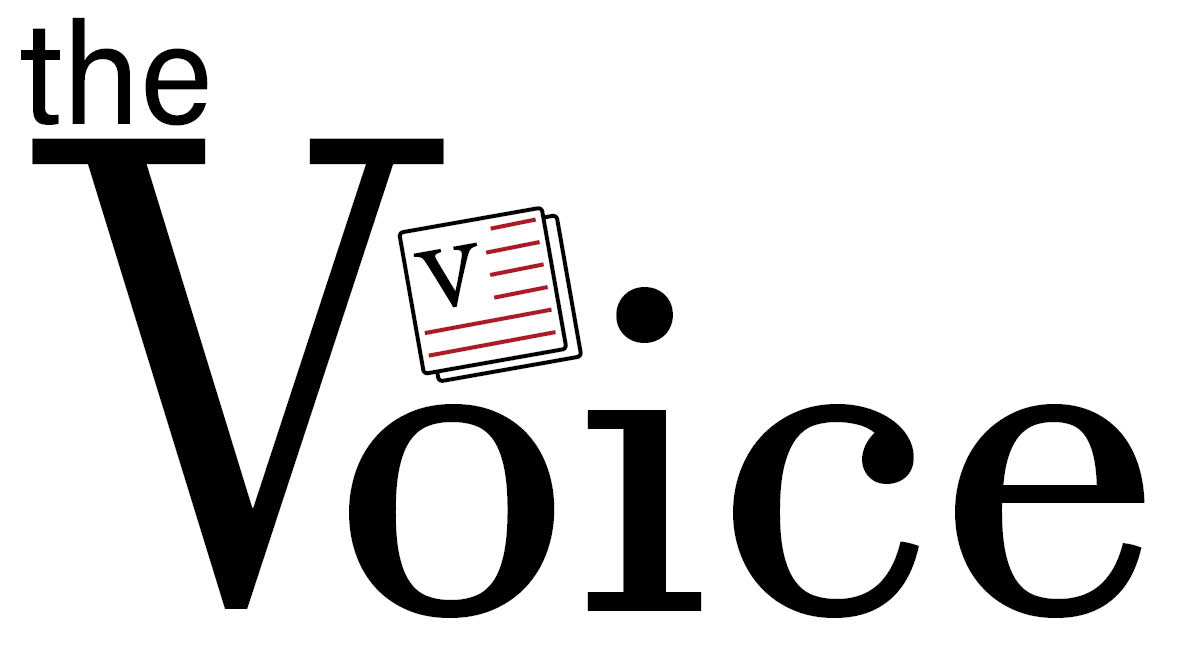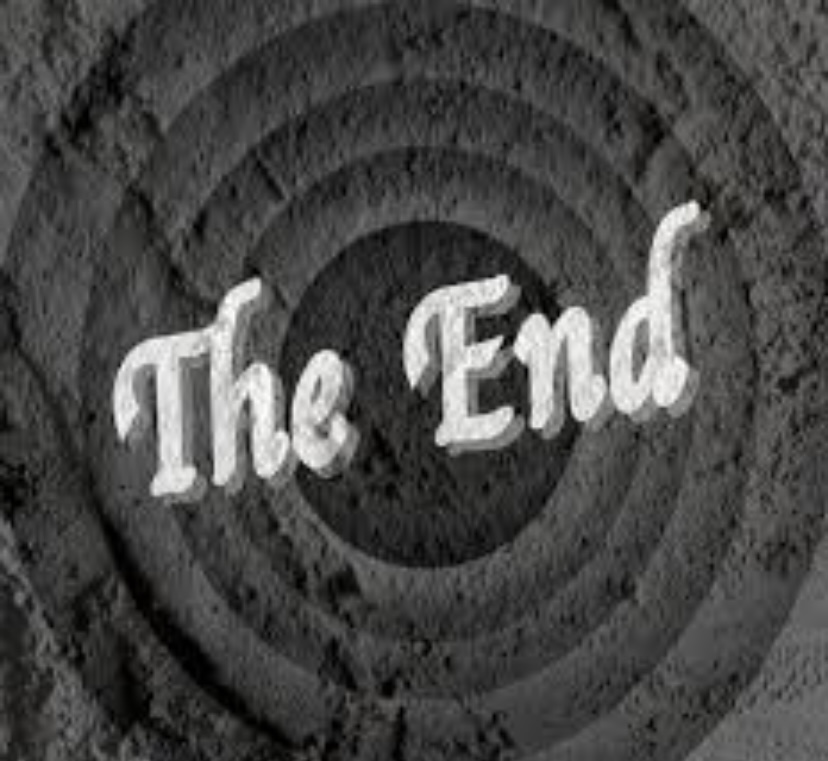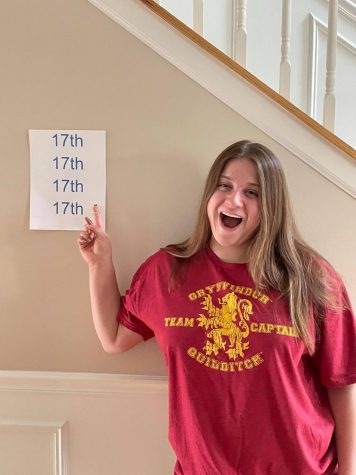Netflix Original “Passing” inspired by 1920s novel
Childhood friends reconnect in the 1920s and experience racial problems.
November 14, 2021
It’s a Wednesday night. Sat down in my quiet room to watch a movie that many have never heard of, “Passing,” a Netflix original that is shown in black in white and based on the book “Passing” by Nella Larsen which was written in 1929.
“Passing” is directed by Rebecca Hall and cast members include: Ruth Negga (Clare young black women), Tessa Thompson (Irene young mixed women), Andre Holland (Brian young black man), and Alexander Skarsgard (John young white man). The film introduces vulgar phrases, racial discrimination, and the act of passing as another race; all of which in the 1920’s happen to occur.
Irene, a mother of 2 boys, wife, and volunteer runs into a childhood friend,“Clare” after being apart for 12 years. Irene is then invited to Clare’s hotel room and spends time talking about their families and what has changed in each other’s lives. Clare’s husband is then shown and mentions his hate for blacks and uses a racial slur. Irene has a feeling of distress and discomfort which causes her to leave the hotel and go to her home in Harlem.
Clare is the character in the film who is passing as a white woman. Her husband [John] has no clue that she is not 100% white until the end of the film. Clare creates tension and mind boggling lies to help convince everyone who sees her that she is white.
Irene suffers throughout the film with constant concerns of an affair between her husband Brian and Clare, her children having a happy childhood, and blending into the rest of society.
This film is in the perspective of Irene and her day to day life. You see all the challenges and responsibility she takes on as a mother, wife, and friend. You also notice how Irene thinks and understands specific situations which leads to an unknown outcome.
In this film you notice how people acted in the ’20s toward specific races, pick up on how certain phrases might affect others, and finally how people might change themselves to help fit into someone else’s life.



